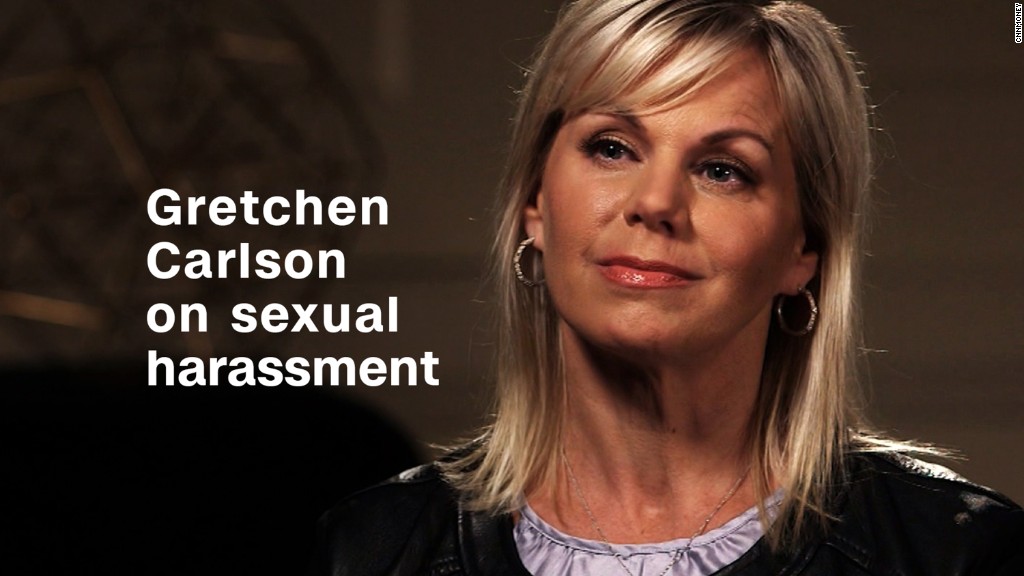
Watercooler talk used to be pretty tepid: vacation plans, weekend updates, "Game of Thrones" recaps.
Now, with workplace sexual harassment dominating headlines for the last month, those conversations with coworkers can be a little more uncomfortable.
Instead of trading "Stranger Things" spoilers, they're talking about the graphic details of the Kevin Spacey and Harvey Weinstein allegations. They're sharing personal stories of harassment or assault. Or sometimes, they're even discussing the problems in their own offices, or dissecting rumors about the leaders at their organizations.
But in relaying personal experiences or discussing lurid details from the latest scandals, remember: you're at work, chatting with professional colleagues, and what you say may cross a boundary with someone else.
Related: Are older generations more tolerant of sexual harassment?
"When we're talking about in-office watercooler banter, we have to realize even when we're repeating something someone has said, it's not necessary to be really graphic," says Diane Gottsman, business etiquette expert and founder of the Protocol School of Texas.
"When you're retelling a tale, you have to think, 'Is it uncomfortable for people to hear?'"
And for some people, hearing these details is more than just "uncomfortable." For harassment survivors, office conversations about harassment and assault could even trigger brutal memories of past experiences.
Abigail C. Saguy, sociology professor at the University of California in Los Angeles, says that when discussing this topic with others, tone is everything.
"Hearing people make light of, make jokes about, somehow belittle the experience of victims of sexual harassment and sexual assault can [make] people feel like they don't matter, what they suffered somehow isn't real, and they don't have a right to feel upset about it," she says.
Related: How to fight 'subtle sexism' in the office
Gottsman advises employees think carefully about how much they want to share at work -- and then, she says, be open about that.
"If you're sitting around the office kitchen table and you're feeling uncomfortable because you're holding something in, you don't have to say, 'Me, too,'" she says. "You can just say, 'You know, guys, this is a topic I am uncomfortable talking about. It drudges up some situations for me.' You get to choose how much you want to share."
But a conversation with the right tone can have the opposite effect, actually helping to strengthen relationships between coworkers.
"If you have someone who hasn't spoken about it, has had some trauma and sexual harassment in her past, and hears people saying, 'This is terrible, this shouldn't happen, this is unacceptable,' then that can have a very positive affect and make the person feel legitimate and validated," Saguy says.
At the end of the day, Gottsman says, managers have the biggest responsibility here. They have the power to channel the cubicle conversation into a larger discussion about work culture.
"This is the time to establish some clear policies and expectations, and you can do it in a staff meeting," she says.
The conversation has already started, Gottsman says. It's up to bosses, team leaders and colleagues to decide where it goes.
CNN will host a town hall on sexual harassment Thursday at 9pmET. What questions would you like us to address? Please contact us using #CNNTownHall or Text, iMessage or WhatsApp 347-322-0415
